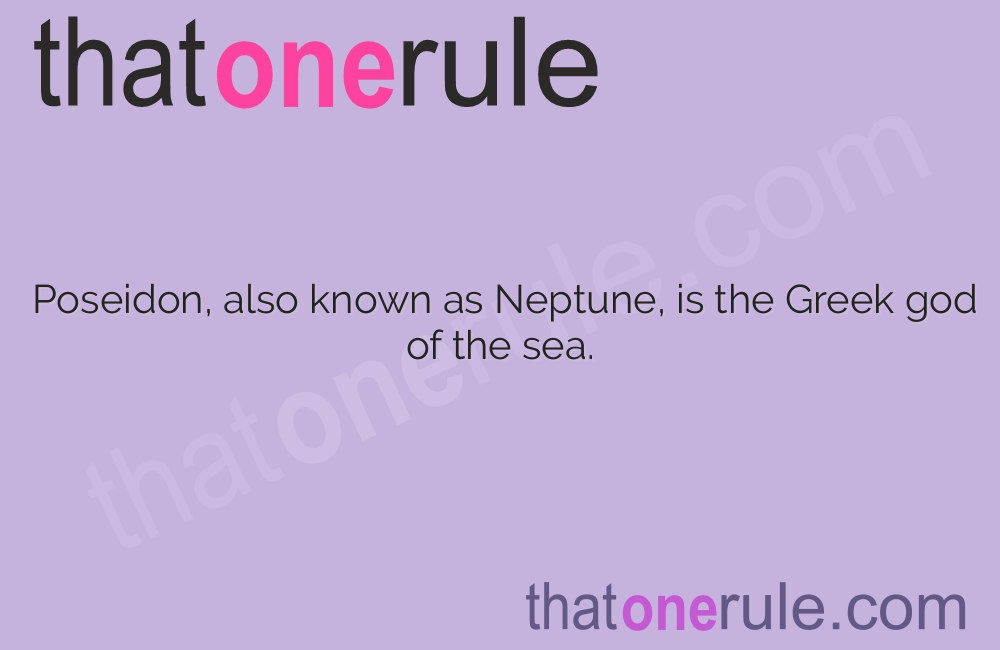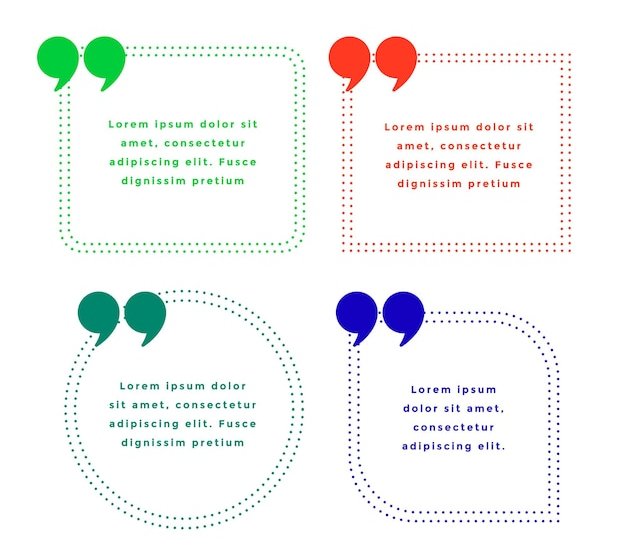Poseidon – Interesting Facts About the Mythical God of the Sea

Poseidon, also known as Neptune, is the Greek god of the sea.
Poseidon is often depicted with a trident, which represents his power and control over the seas.
According to Greek mythology, Poseidon was one of the twelve Olympian gods.
Poseidon is known for his strength and his ability to cause earthquakes and storms at sea.
Poseidon is the brother of Zeus and Hades, making him one of the most powerful gods in Greek mythology.
Poseidon’s symbol is the trident, which is a three-pronged spear.
Poseidon is often associated with horses, as he is said to have created them.
Poseidon is believed to have various underwater palaces and cities, where he resides with other sea creatures.
Poseidon was known for his unpredictable nature and tempestuous temperament.
Poseidon is often depicted riding a chariot pulled by sea creatures or horses.
Poseidon’s son, Triton, is also a well-known figure in Greek mythology, often depicted with a conch shell.
Poseidon is said to have created dolphins as a gift to his wife, Amphitrite.
Poseidon was worshipped by sailors and fishermen, who believed he would protect them at sea.
Poseidon was known for his many love affairs and offspring, both human and divine.
Poseidon’s main residence was believed to be underwater, in a golden palace.
Poseidon has been portrayed in various art forms throughout history, including paintings and sculptures.
Poseidon – Interesting Facts About the Mythical God of the Sea part 2
Poseidon was often invoked by ancient Greeks to calm storms and ensure safe voyages.
Poseidon’s anger was said to be the cause behind many shipwrecks and natural disasters.
Poseidon was equated with the Roman god Neptune, both representing the sea and its power.
Poseidon’s worship was prevalent in ancient Greece, with many temples and festivals dedicated to him.
Poseidon’s trident is often seen as a symbol of power and authority over the seas.
Poseidon’s realm extended beyond just the oceans, encompassing rivers, lakes, and even underground water sources.
Poseidon was believed to be one of the older gods, with his origins tracing back to the Titans.
Poseidon’s influence extended to sea creatures, who were believed to hold allegiance to him.
Poseidon’s anger was believed to cause storms, tumultuous seas, and even earthquakes on land.
Poseidon’s trident was said to have the power to create or destroy at his will.
Poseidon was often depicted as a bearded, muscular deity, exuding power and authority.
Poseidon’s domain included not only the physical aspects of the sea but also its mythical creatures and beings.
Poseidon’s presence could often be felt in the crashing waves and the sounds of the sea.
Poseidon’s trident was considered a sacred object, often used in ceremonies and rituals.
Poseidon’s rivalry with other gods, such as Athena, led to conflicts and legendary battles in Greek mythology.
Poseidon’s worship was particularly strong in coastal regions and among seafaring communities.
Poseidon’s influence extended to freshwater sources as well, making him a god associated with all bodies of water.
Poseidon’s vengefulness often led to tragic consequences for mortals who dared to displease him.
Poseidon’s marriage to the sea nymph Amphitrite was often seen as a symbol of the union between land and sea.
Poseidon’s trident was believed to have the power to create new islands or to cause existing ones to sink.
Poseidon’s association with horses led to the belief that he could control their behavior, especially at sea.
Poseidon’s statues and sculptures were often placed near water bodies, serving as a reminder of his presence and power.
Poseidon’s devotion to maintaining a balance in the natural world led to his association with agriculture and fertility.
Poseidon’s worship was often accompanied by various rituals, including offerings of water, fish, and other sea-related items.
Poseidon’s chariot was believed to be made of seashells and drawn by majestic sea horses.
Poseidon’s connection to earthquakes symbolized his ability to disrupt the stability of the earth.
Poseidon’s trident was said to have the power to control the tides and the direction of currents.
Poseidon’s authority extended to other gods and goddesses, as he was often called upon for arbitration and resolution.
Poseidon’s enduring legacy can be seen in various aspects of modern culture, including literature, art, and even popular films.

